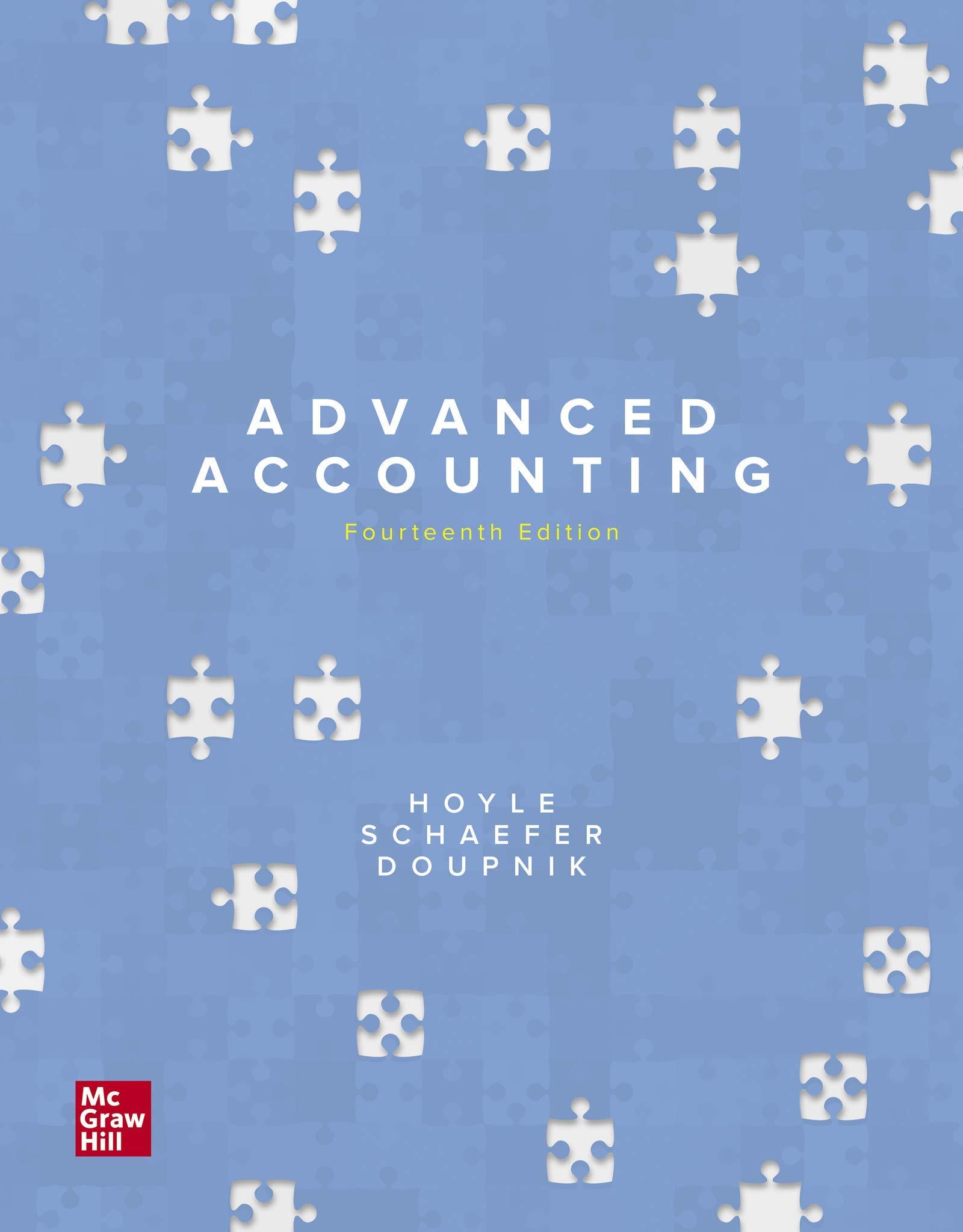Question
According to their website, Pareteum is a global telecom/software provider of cloud communication solutions (Pareteum). The subject for this post will be a summary of
According to their website, Pareteum is a global telecom/software provider of cloud communication solutions (Pareteum). The subject for this post will be a summary of the recent accounting scandal Pareteum experienced. Specifically, this organization faced accounting and disclosure fraud - with Nicodemus (2021) stating that in addition to providing incorrect information to auditors, Pareteum Corp. overstated its revenue by over $40 million.
Based on the SEC litigation file, former executives of the company first dictated revenue be recognized on non-binding purchase orders (out of compliance with GAAP). Unfortunately, it was found that former executives and senior accounting employees actually partook in concealing this information from the company auditor (SEC Litigation). Our textbook identifies a true sentiment in this scenario: improper accounting leads to action against companies that participate in fraudulent activities (Williams et al, 2021). This case seems similar to the one of Waste Management. In Waste Management's case, improper accounting for long-term assets took place, deferring normal operating expenditures as expenses until future periods (Williams et al, 2021).
More on Pareteum, the organization noted revenue of $12M for FY 2018 and $30M for Q1/Q2 of 2019 both of which were 60% & 90% of restated revenue respectively (SEC Litigation, 2021). The organization has to issue restatements which was detected as a result of the audit process (SEC Litigation).
Following this audit, it was found that the company recognized that they would follow the ASC 606 which requires a certain process of steps that need to be followed to determine what specific revenue should be recognized (SEC Litigation). In this litigation file, it was also noted that the audit revealed that the company failed to confirm that they followed/satisficed this criteria, there were insufficient internal accounting control in place, and former leadership actually pressured employees to reach the company projections for the month.
According to the SEC litigation file - in summary, they were in direction violation in the following:
- Fraudulent conduct in the offer or sale
- Fraudulent conduct in connection with purchase or sale
- Misleading reports that contain necessary information in a specified period
- Bookkeeping was not detailed, accurate, and fairly reflecting transactions/assets
- Failed to maintain a system of internal accounting controls
Additionally and as reported in the SEC litigation file, as a result of such illegal and unethical behavior, the results punishments include:
- Cease and desist from continuing the above violations
- Civil monetary penalty of $500,000 to the SEC
Interestingly enough, the Justia Law case documents (n.d) mention that the company had not maintained effective financial reporting as of December 2018. It was noted that Pareteum was known for receiving cooperation credit for prompt and proactive remediation. I wonder if there is a flaw in this process that fails to account for scenarios like this. Are there red flags I wonder that the SEC missed? Additionally, I wonder if there is an issue in financial reporting cases that call for increased transparency.
Is there anything else that could have been done to detect this act earlier or to prevent it from happening? Why or why not?
Step by Step Solution
There are 3 Steps involved in it
Step: 1

Get Instant Access to Expert-Tailored Solutions
See step-by-step solutions with expert insights and AI powered tools for academic success
Step: 2

Step: 3

Ace Your Homework with AI
Get the answers you need in no time with our AI-driven, step-by-step assistance
Get Started


